AWS and Google lead by example with data transfer policies, but how will Microsoft respond?
AWS’ decision to waive egress fees is a positive step towards realizing a multi-cloud future, but how will Microsoft respond?

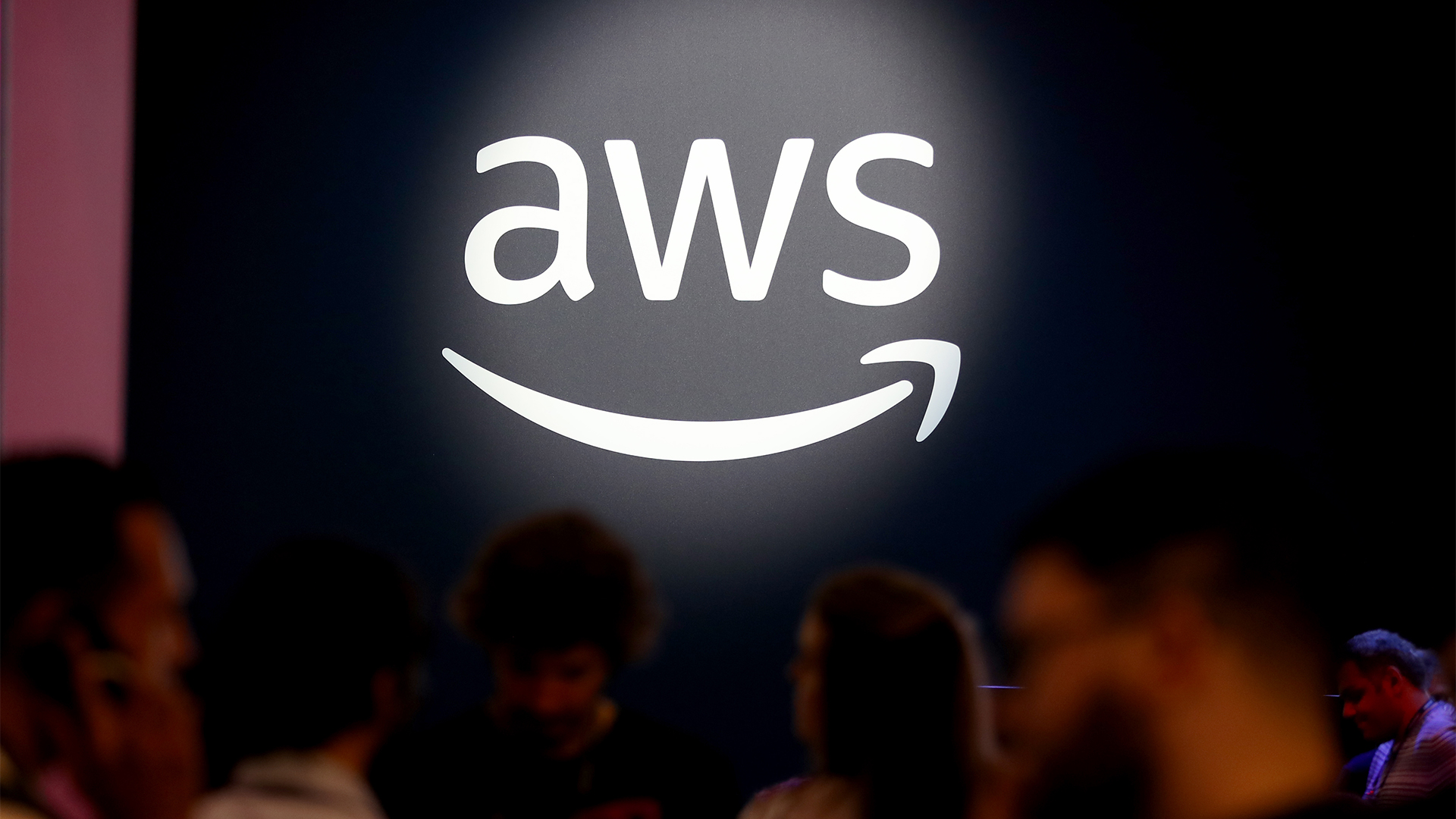
Analysts have hailed AWS’ decision to waive egress fees for customers as a positive step for the industry - but questions still remain over whether Microsoft will follow suit.
The hyperscaler revealed this week that customers will no longer be forced to pay data transfer charges to move their data to another cloud provider, or to an on-premises storage solution.
AWS already offered 100GB per month of free data transfers from its servers, but will now allow unrestricted data transfers free of charge as standard.
The announcement makes AWS the second of the three main western hyperscalers to remove egress fees for data transfers, following Google which announced it would stop the practice in January.
The driving force behind these moves is a new regulatory framework introduced by the European Union (EU), the European Data Act, which looks to improve competition among cloud companies and eradicate cloud vendor lock-in.
The UK government is also exploring how it can promote a more open marketplace, with the Competition and Market Authority (CMA) launching an investigation into cloud industry competition in October 2023.
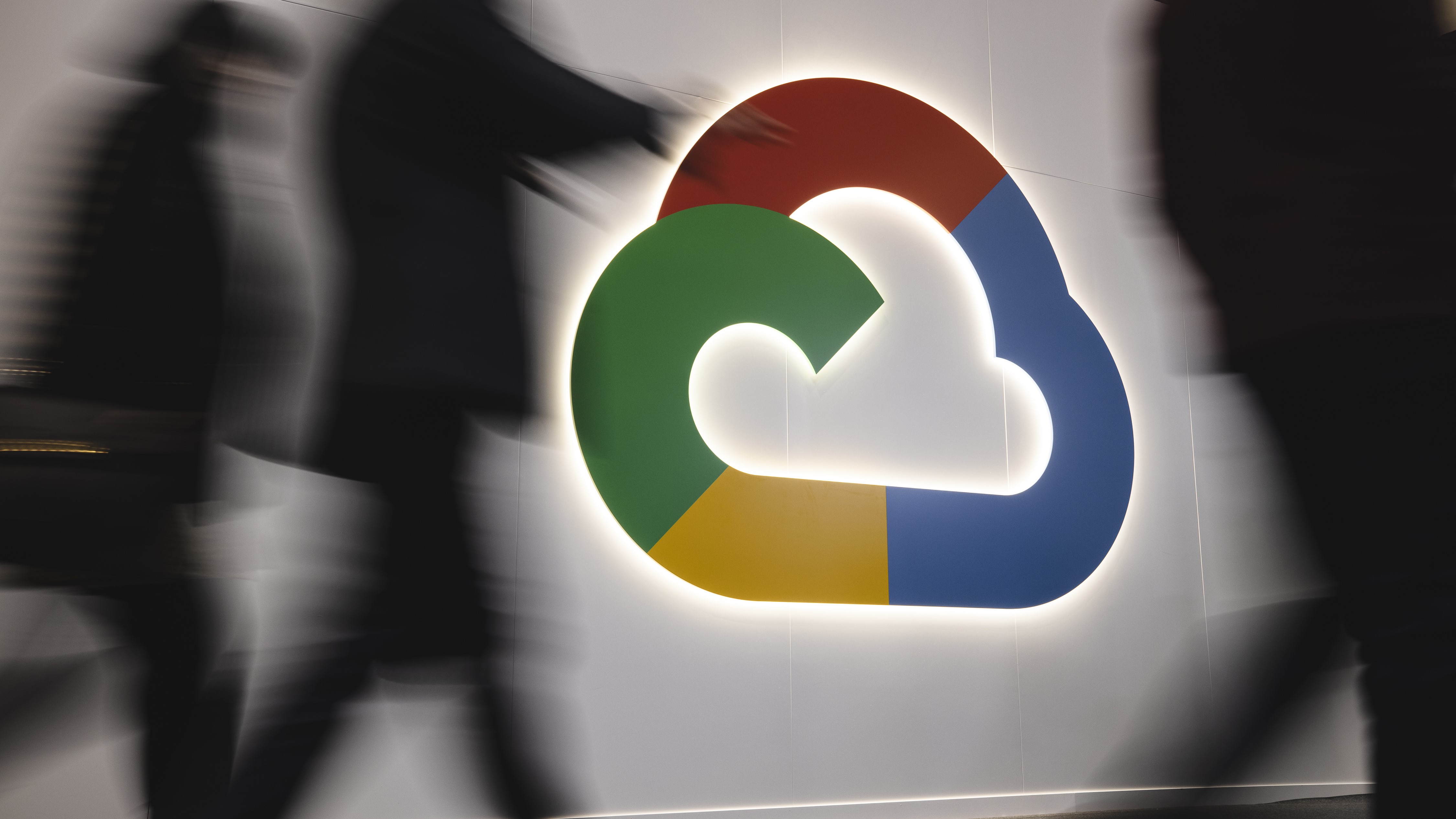
Jamil Ahmed, distinguished engineer at data platform Solace, said the announcement is a positive move towards an interoperable future, bringing an end to the previous ‘walled garden’ approach.
Sign up today and you will receive a free copy of our Future Focus 2025 report - the leading guidance on AI, cybersecurity and other IT challenges as per 700+ senior executives
“The recent announcement from AWS that it’s eliminating egress fees for data transfers to other cloud providers is a positive step towards open cloud ecosystems, aligning perfectly with the EU and UK regulations pushing for greater interoperability”, Ahmed explained.
“These regulations demonstrate a commitment to empowering businesses in their digital transformation, specifically by breaking down barriers between cloud providers. Previously, businesses had a "walled garden" approach with limited flexibility and visibility, but now they can migrate between clouds and embrace multi-cloud architectures much more easily.”
The appetite amongst European businesses for a more interoperable industry landscape was highlighted in recent research from Wasabi Technologies, which found EMEA respondents were becoming increasingly disillusioned with vendor lock-in.
Many, the study noted, are increasingly moving to a multi-cloud strategy in which they rely on the services of several providers, but long-standing practices such as egress fees were pinpointed as a leading impediment to this approach.
AWS move comes at a pivotal time in the cloud industry
Speaking to ITPro, Sid Nag, VP analyst at Gartner, also hailed the AWS announcement as a positive step for the industry, noting that the move comes amid a period of intense focus on generative AI adoption, which is prompting a rethink of data strategies at enterprises globally.
RELATED WHITEPAPER
“This is a good development for the cloud industry and the cloud buyer community. Especially in light of the need for federated data for workloads such as gen AI”.
Nag said a key problem facing companies seeking to leverage generative AI lies in the barriers between the various cloud providers.
“Gen AI implementations are based on different large language models that are being housed within each of these cloud provider’s estates. There’s no easy way to federate these different large language models that are contained within these estates,” he explained.
“One of the things that’s really going to matter when we start to federate is the data, data has to move around right? So, l I think [AWS’ move] is a good thing.”
How will Microsoft respond?
Discussing the motivation behind AWS’ decision to waive its egress fees, Nag claimed it most likely just to match Google’s initial move. However, he suggested Google's earlier announcement was deliberately intended to put pressure on Microsoft, citing the language used in the blog announcing the decision.
In the blog, Google described a case where a ‘legacy’ cloud provider has locked its customers in with “punitive licensing practices”.
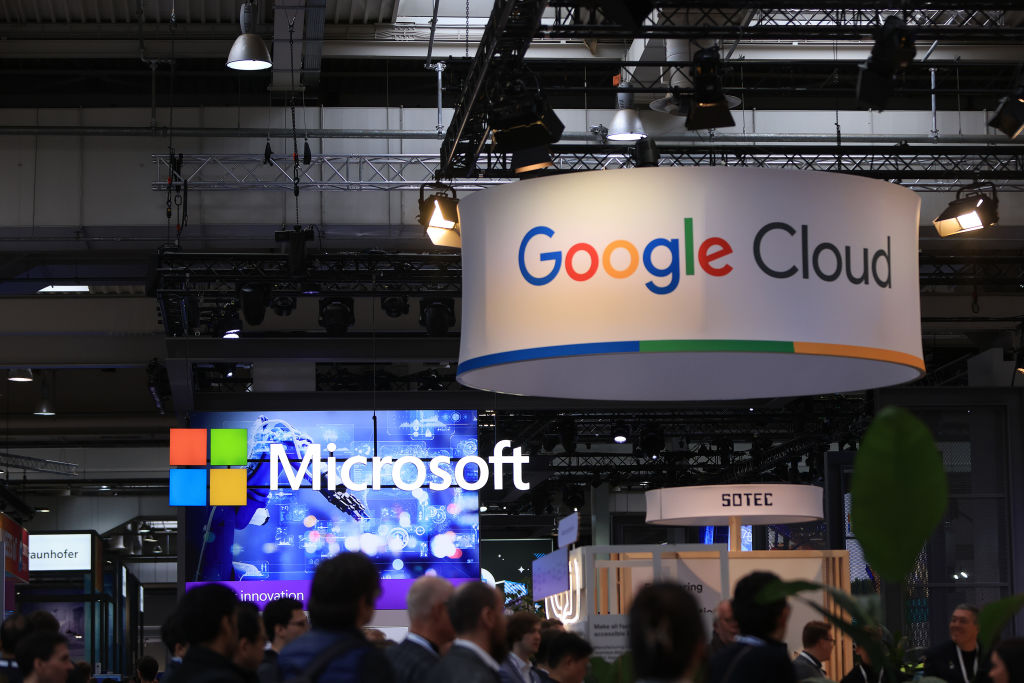
“The ulterior motive was really to put pressure on Microsoft, whereby Microsoft charges these punitive fees – Google claimed – for running their applications on foreign clouds. So there are some licensing issues that Google was trying to highlight in the case of Microsoft.”
Microsoft is yet to make a public announcement regarding its position on egress fees, but this latest development could force its hand, Nag suggested. There are unique considerations at play for Microsoft, however, such as licensing issues.
This could prove troublesome for Microsoft given the way its cloud services and solutions are structured.
“I think Microsoft has a different challenge because they’re going to have to (a) respond to the data egress piece, but how will they respond to the licensing piece from an application portability perspective…which is today a different licensing structure… will they now eliminate licensing fees? I think that’s a tall order.”

Solomon Klappholz is a former staff writer for ITPro and ChannelPro. He has experience writing about the technologies that facilitate industrial manufacturing, which led to him developing a particular interest in cybersecurity, IT regulation, industrial infrastructure applications, and machine learning.
-
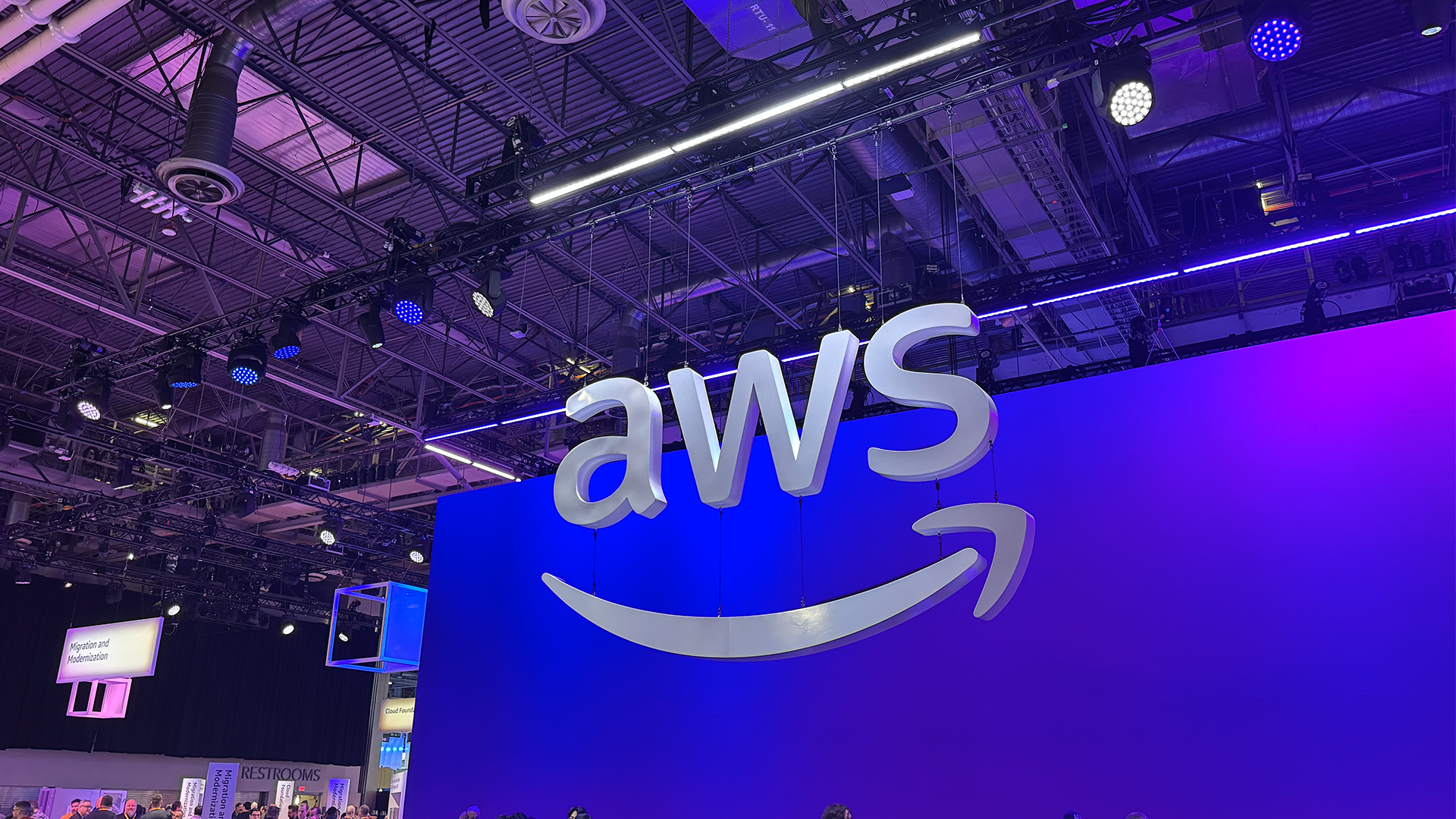 What the new AWS European Sovereign Cloud means for enterprises
What the new AWS European Sovereign Cloud means for enterprisesNews AWS has announced the general availability of its European Sovereign Cloud. Here's what the launch means for enterprises operating in the region.
-
 AWS just quietly increased EC2 Capacity Block prices – here's what you need to know
AWS just quietly increased EC2 Capacity Block prices – here's what you need to knowNews The AWS price increases mean booking GPU capacity in advance just got more expensive
-
 Cloud infrastructure spending hit $102.6 billion in Q3 2025 – and AWS marked its strongest performance in three years
Cloud infrastructure spending hit $102.6 billion in Q3 2025 – and AWS marked its strongest performance in three yearsNews Hyperscalers are increasingly offering platform-level capabilities that support multi-model deployment and the reliable operation of AI agents
-
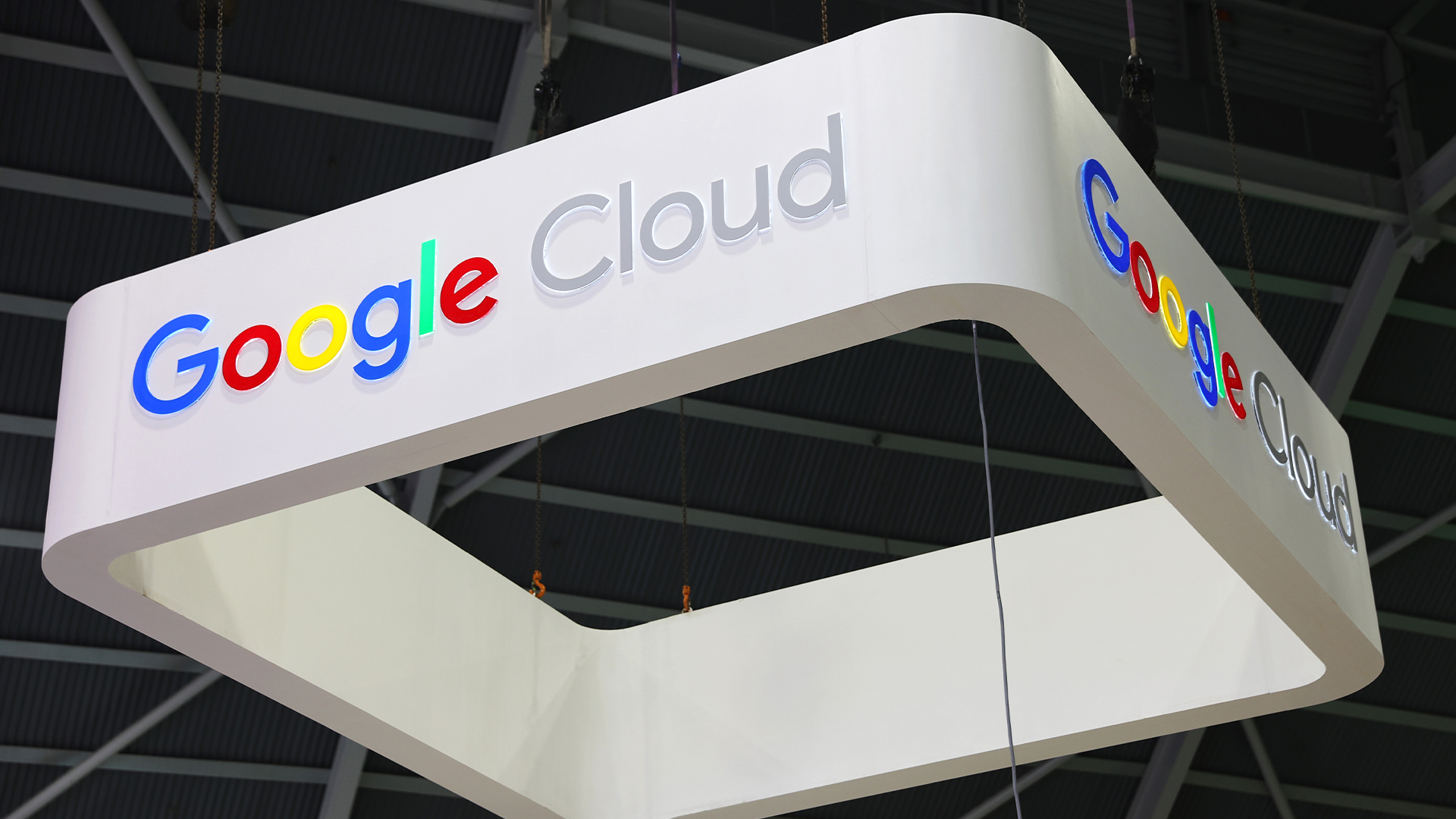 Google Cloud teases revamped partner program ahead of 2026
Google Cloud teases revamped partner program ahead of 2026News The cloud giant’s new-look partner ecosystem shifts focus from activity tracking to measurable customer outcomes
-
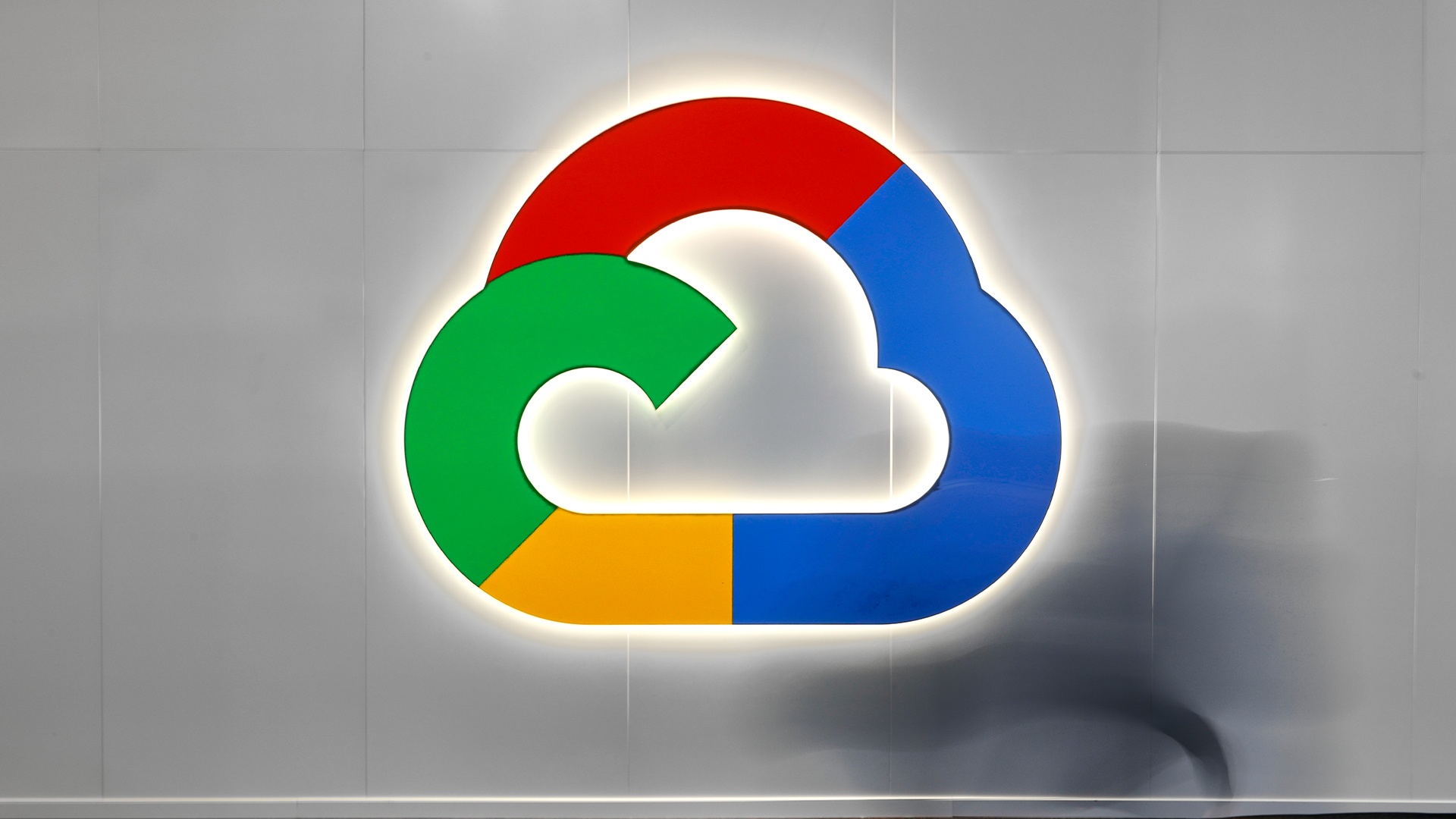 What Palo Alto Networks' $10bn deal with Google Cloud means for customers
What Palo Alto Networks' $10bn deal with Google Cloud means for customersNews The extension of an existing partnership between Palo Alto Networks and Google Cloud is designed to boost security amid rise in AI
-
 Cohesity deepens Google Cloud alliance in data sovereignty push
Cohesity deepens Google Cloud alliance in data sovereignty pushNews The pair’s expanded collaboration will focus on new integrations for AI, cybersecurity, and data protection
-
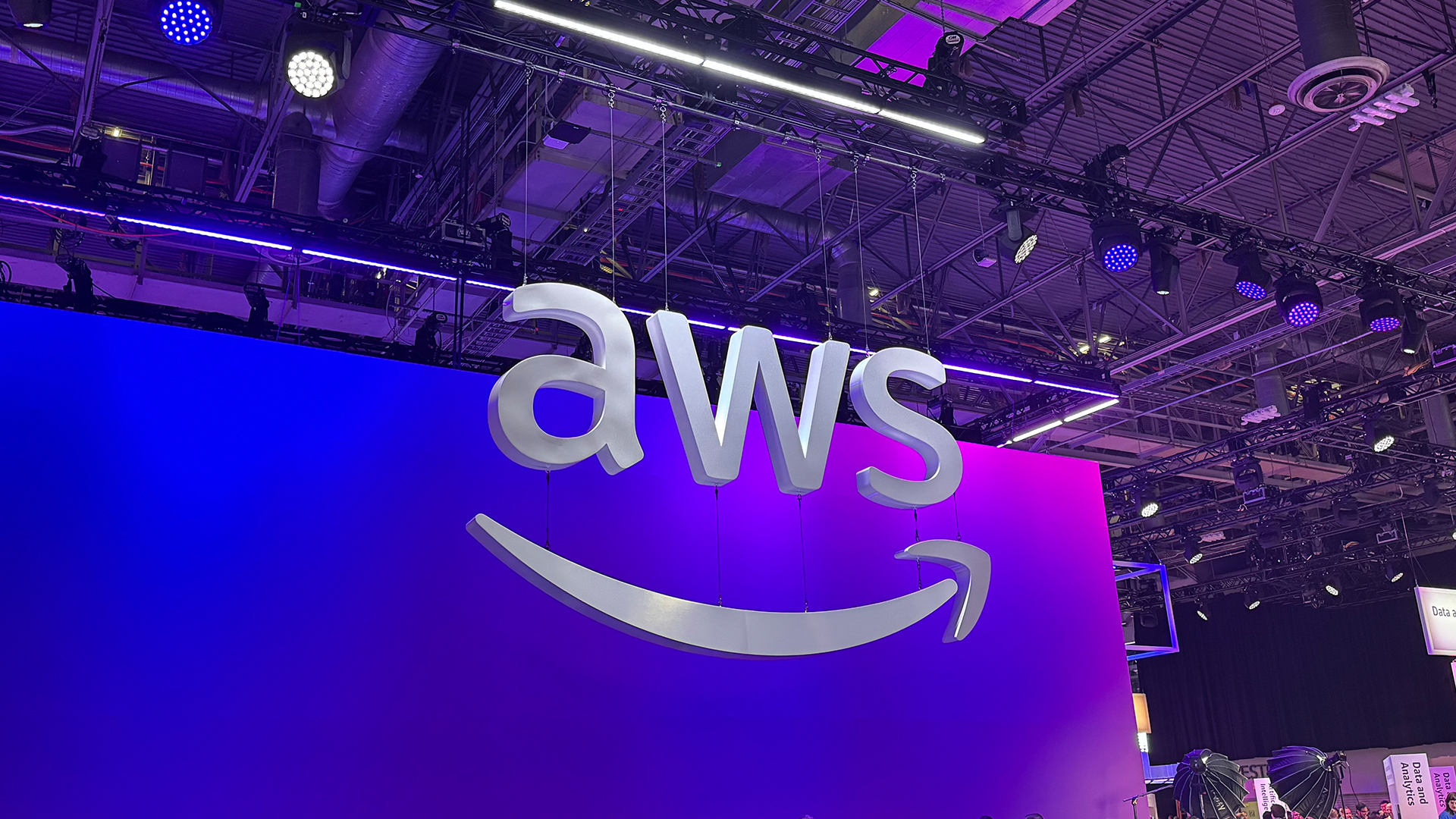 AWS re:Invent 2025 live: All the news and announcements from day two in Las Vegas
AWS re:Invent 2025 live: All the news and announcements from day two in Las VegasLive Blog Keep tabs on all the latest announcements from day-two at AWS re:Invent 2025 in Las Vegas
-
 AWS pledges $50 billion to expand AI and HPC infrastructure for US government clients
AWS pledges $50 billion to expand AI and HPC infrastructure for US government clientsNews The company said an extra 1.3 gigawatts of compute capacity will help government agencies advance America’s AI leadership


